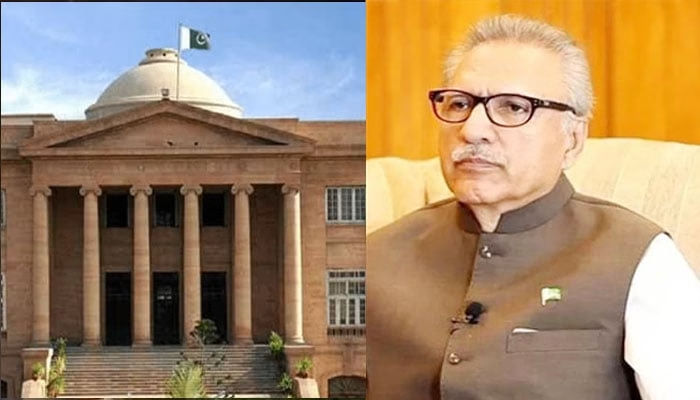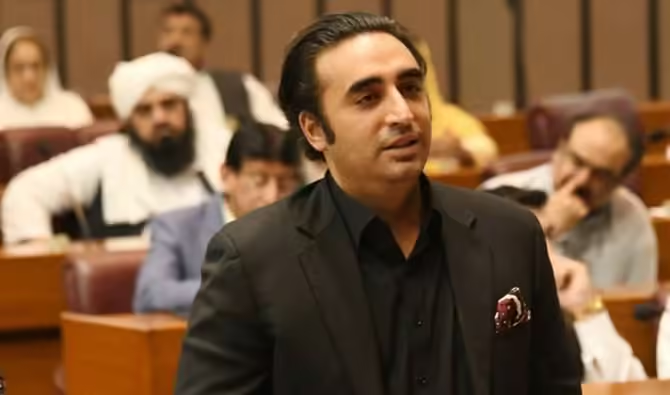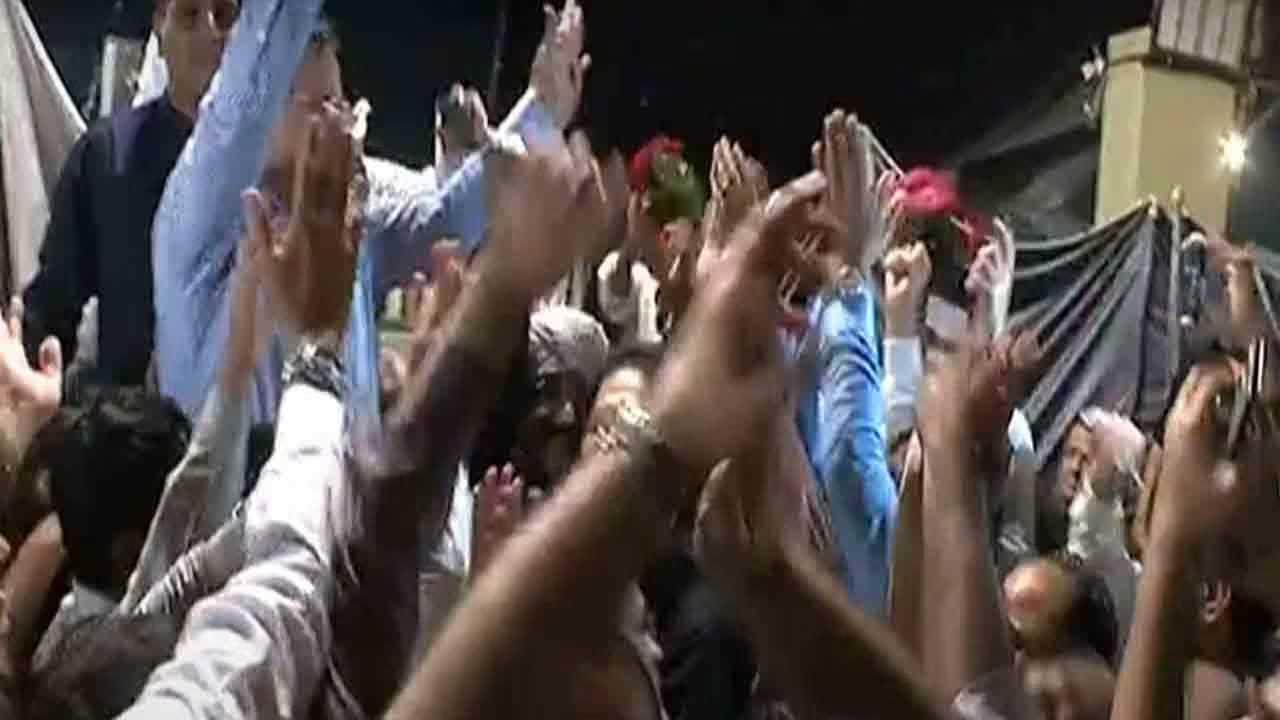The Sindh High Court (SHC) has ordered the Sindh Building Control Authority (SBCA) not to take any action against the dental clinic of former President and PTI leader Dr. Arif Alvi without fulfilling all legal requirements. This decision has brought temporary relief to Alvi, whose clinic was reportedly at risk of being sealed over allegations of operating a commercial facility in a residential area.
Court Orders SBCA to Follow Legal Procedures
During the hearing, the SHC emphasized that no action should be taken against the clinic without following the due process of law. The court questioned the involvement of the police in a matter primarily concerning commercial activity in a residential area, noting that such regulatory issues should be handled by the SBCA in accordance with legal protocols.
The lawyer representing the petitioner, Samina Alvi, informed the court that the police had accompanied SBCA officials when they previously attempted to seal the clinic. Expressing concern over potential future actions, the lawyer argued that the authorities might try to seal the clinic again without proper legal justification.
After hearing arguments from both sides, the court directed that any action against the clinic must strictly adhere to legal procedures. The court later disposed of the petition filed by Samina Alvi, signaling a temporary halt to any immediate regulatory measures against the clinic.
Legal Battle Over Commercial Activity in Residential Areas
The case highlights the ongoing issue of commercial businesses operating in residential neighborhoods, a problem that has sparked legal disputes across Karachi and other cities in Pakistan. The SBCA has been actively cracking down on businesses running in areas designated for residential use, arguing that such activities disrupt the neighborhood and violate zoning laws.
However, many business owners, including Dr. Arif Alvi, have contested these actions, arguing that their establishments provide essential services and have been operating for years without issues. In some cases, they have sought legal protection against what they perceive as selective enforcement of regulations.
Political Implications and Public Reaction
Given Arif Alvi’s political stature as a former President and a senior PTI leader, the case has attracted significant public and media attention. Supporters of PTI have criticized the move to seal his clinic, alleging political victimization under the current government. They argue that many other businesses operate in residential areas without facing similar scrutiny.
On the other hand, legal experts assert that the law must be applied equally to all, regardless of political affiliation. They emphasize that zoning laws exist to maintain order in urban planning and should be enforced uniformly across the board.
Future of Alvi’s Dental Clinic
With the SHC’s order in place, Dr. Arif Alvi’s dental clinic remains operational for the time being. However, the legal battle over its commercial status is far from over. If the SBCA decides to take further action, it will have to ensure full compliance with legal procedures, which could involve issuing notices, conducting hearings, and providing Alvi with the opportunity to present his case.
In the broader context, this case may set a precedent for how similar issues are handled in the future, particularly concerning businesses operating in residential areas. It also raises important questions about urban planning, regulatory enforcement, and the role of political affiliations in legal disputes.
The Sindh High Court’s decision to halt action against Arif Alvi’s dental clinic underscores the importance of legal compliance in regulatory matters. While the SBCA has the authority to enforce zoning laws, the court has made it clear that due process must be followed before any drastic measures are taken. As the legal proceedings continue, this case will remain a focal point in the debate over commercial activity in residential areas and the fair enforcement of laws in Pakistan.



